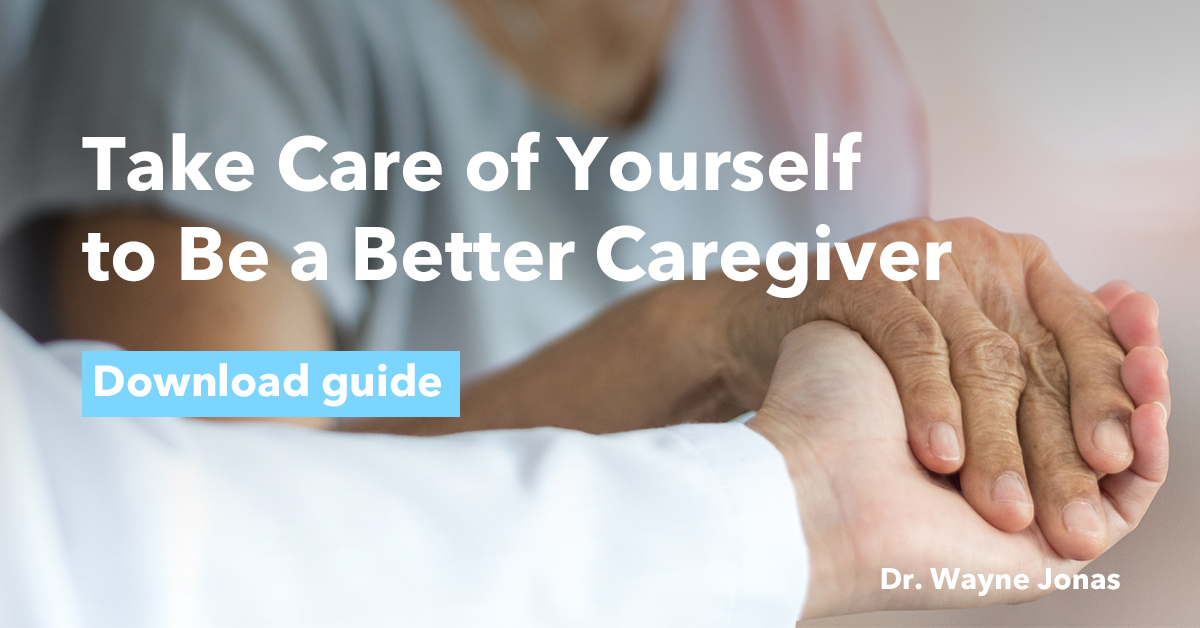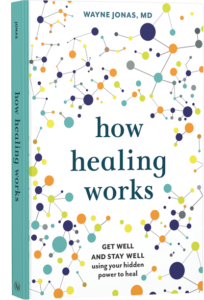You are a social being. Your relationships with others and your role within your community provide a sense of belonging, care, and support. And right now, when most of us are struggling to remain as social as we once were, often fighting to stave off loneliness, we need to make a real effort to connect with others where we can. This is especially important if you’re a caregiver.
Positive relationships can also be good for your health and, as we discussed last week your physical presence is just as essential to the person you take care of. Love and support reduce stress, boost your immune system, help you enjoy and appreciate life more and, of course, help prevent loneliness and depression.
Your Relationship with Your Loved One
As a caregiver, the relationship with the person you take care of is a large part of your life. It might even seem like everything else depends on it. And right now, this might be the most tangible social relationship you have. If possible, this should be a healing relationship. This involves acknowledging how the relationship has changed; moving beyond the past; shifting roles and responsibilities; reconnecting in love; looking forward to a different, joyful future, and keeping your sense of self.
Redefining Intimacy
“Intimacy” is more than being close physically. It is about being emotionally close to your loved one. When you are intimate, you can relax and let them know how you really feel. Intimacy is also about being able to accept and acknowledge their feelings. After taking on the role of caregiver, you might need to rebuild intimacy with the person you take care of. The goal is for both of you to feel the other’s love and respect. Consider these tips to develop intimacy:
- After an argument, talk about the deeper feelings behind the anger, hurt, or anxiety.
- Improve your communication to connect on a deeper level.
- Be positive about what you have. Tell the person what you love or like about them, even if they already know.
Talk to the people who support you for other ideas. Your doctor, a medical social worker, or your friends and family might have helpful tips or be able to tell you where to find help.

Safely Widen Your Circle of Support
Developing a healing relationship with the person you take care of is important, but don’t ignore the rest of the world. What is important to you may change with time, but it is important to build and maintain relationships that will support you over the uncertain weeks and months to come.
It is easy to feel alone with all your new responsibilities. Instead, think about bringing people who support you together. You can imagine a circle of people around you, each supporting and encouraging you and your loved one. Then, consider making that circle wider by adding new people.
Look at your community and think about who might join your circle. Consider family, friends, co-workers, neighbors, and people from community groups such as volunteer groups or places of worship.
Obviously you have to be safe when expanding your group but with modern technology and the various devices and platforms at your disposal, you can quite easily initiate a virtual gathering or group call to help minimize feelings of isolation and establish genuine social connections safely.
Goals for Success
Define your own success. Don’t let others define success for you. Paying attention to your goals, and celebrating your achievements, might help you as a caregiver. It is powerful to say, “We reached our goal today!” Goals might be small or step by step, but they give you pride and motivation for the next step.
As a caregiver, you learn to deal with someone else’s moods and feelings often above your own. Taking good care of yourself is important, especially in our current crisis, because it can be easier to deal with other people’s emotions when you are healthy and taking good care of you. Once you feel strong and healthy free from the burden of being isolated, you have a better chance of having a healthy relationship and promoting healing.

Your Health Into Your Own Hands
Drawing on 40 years of research and patient care, Dr. Wayne Jonas explains how 80 percent of healing occurs organically and how to activate the healing process.

